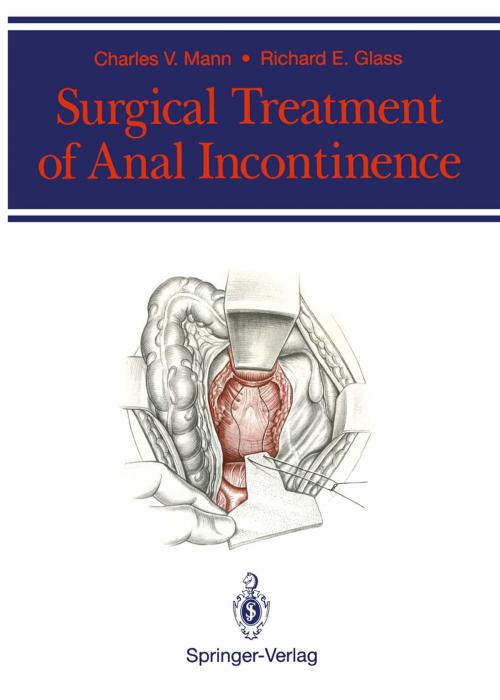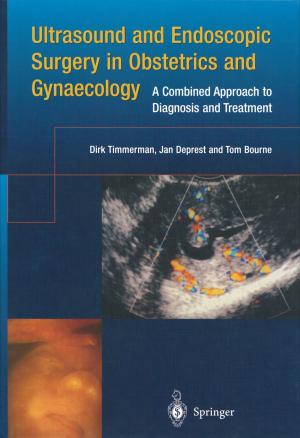Surgical Treatment of Anal Incontinence
Nonfiction, Health & Well Being, Medical, Specialties, Internal Medicine, Gastroenterology, Surgery| Author: | Charles V. Mann, Richard E. Glass | ISBN: | 9781447133483 |
| Publisher: | Springer London | Publication: | December 6, 2012 |
| Imprint: | Springer | Language: | English |
| Author: | Charles V. Mann, Richard E. Glass |
| ISBN: | 9781447133483 |
| Publisher: | Springer London |
| Publication: | December 6, 2012 |
| Imprint: | Springer |
| Language: | English |
It is only in the last 25 years that the treatment of anal incontinence has become an important surgical discipline. This is not only because our understanding of the disorder has been greatly augmented by new investigative methods. It is also because the hydrocarbon industry has provided us with suitable materials with which to carry out the complex repairs that are now possible. Like most new areas of therapy, initial enthusiasm has been modified by experience. Some techniques have been amended or abandoned. Others have been shown to have very specific indications and to pe unsuitable for general use. But the total of cases treated by surgical means continues to grow, and as the field widens it is apparent that large numbers of people are still suffering from anal incontinence silently and unheard, and have been abandoned to their misery by society at large. For some of these unfortunates, the consequences are appalling: they become outcasts even within their own families; in some communities they are unable to practise their religion. They are truly regarded as "dirty", and are shunned. Because a large body of surgical experience has accrued, nowadays many of these cases can be cured, and most of them substantially alleviated. But a mis-applied or badly performed operation can be a disaster for both the patient and the surgeon.
It is only in the last 25 years that the treatment of anal incontinence has become an important surgical discipline. This is not only because our understanding of the disorder has been greatly augmented by new investigative methods. It is also because the hydrocarbon industry has provided us with suitable materials with which to carry out the complex repairs that are now possible. Like most new areas of therapy, initial enthusiasm has been modified by experience. Some techniques have been amended or abandoned. Others have been shown to have very specific indications and to pe unsuitable for general use. But the total of cases treated by surgical means continues to grow, and as the field widens it is apparent that large numbers of people are still suffering from anal incontinence silently and unheard, and have been abandoned to their misery by society at large. For some of these unfortunates, the consequences are appalling: they become outcasts even within their own families; in some communities they are unable to practise their religion. They are truly regarded as "dirty", and are shunned. Because a large body of surgical experience has accrued, nowadays many of these cases can be cured, and most of them substantially alleviated. But a mis-applied or badly performed operation can be a disaster for both the patient and the surgeon.















